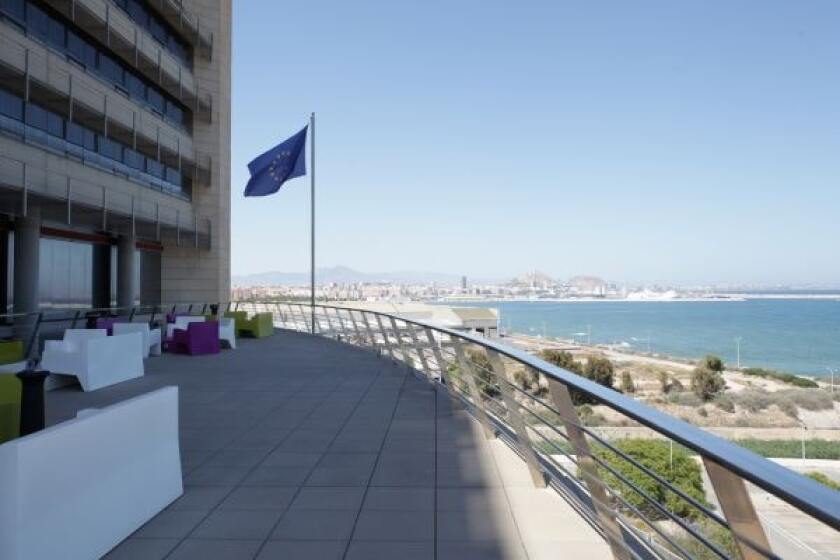The EUIPO will not issue lucrative payouts to national intellectual property offices in 2024 because of a drop in trademark filings this year, the office confirmed to Managing IP today, December 7.
The latest EUIPO budget, adopted on November 24, predicted that the office would not generate a surplus in the 2022 financial year, meaning a mechanism for compensating national IP offices would not be triggered.
A statement from the EUIPO to Managing IP said the office had been hit by global economic uncertainties and rising inflation.
The office took measures to control expenditure as soon as it became clear trademark filings would fall this year, the statement said.
“However, the general increase in prices and inflation, combined with the loss in revenue cannot be compensated by saving measures without significantly affecting the office capacity to operate and the level of services provided to customers,” it added.
Under the 2017 Trademark Regulation, the EUIPO can use 5% of its total revenue in a financial year to offset costs incurred by national IP offices related to the EU trademark system.
But, under the rules, the offsetting mechanism is only triggered if the EUIPO generates a surplus.
The office projected revenues of just under €287 million ($302 million) for this year, representing a fall of €17 million ($17.9 million) from 2021.
The EUIPO would need to generate an additional €27 million ($28.4 million) in 2022 to trigger to be able to offset national offices' costs.
Offsetting payments would have been made in the first quarter of 2024 after the accounts for the 2022 financial year had been closed and signed off.
The mechanism was first triggered in 2018 and subsequently took effect in each of the following three years.
The EUIPO budgeted €15.1 million ($15.9 million) for offset costs in 2023, a figure that corresponded to 5% of the office’s revenue in 2021.
Departing EUIPO executive director Christian Archambeau predicted two weeks ago that EU trademark filings could fall by 12% this year compared to 2021.
Archambeau, who recently lost a vote to extend his term as executive director, attributed the fall to events such as Russia’s invasion of Ukraine.
It is understood that the EUIPO’s disappointing financial performance was discussed at a joint meeting of the management board and budget committee (MBBC) on November 24.
This was the same meeting in which the MBBC voted to replace Archambeau as executive director.











